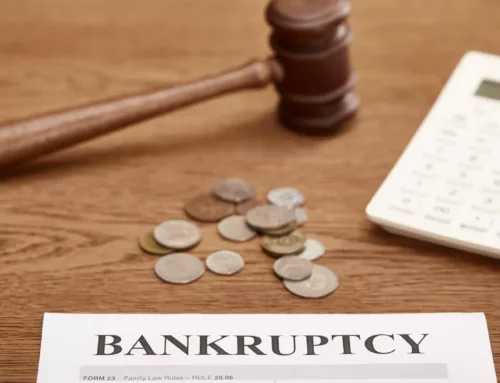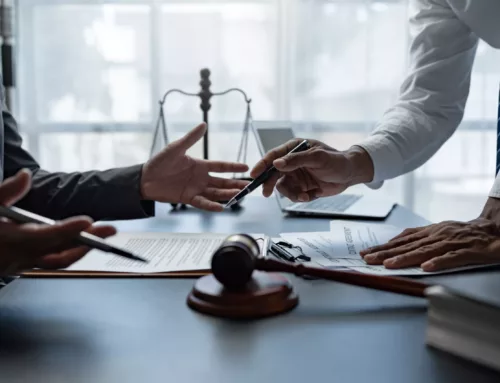Bankruptcies come with both advantages and disadvantages. A bankrupt individual might worry about the consequences that he or she might face. One of the common concerns is the after-effect of bankruptcy to the individual’s bad credit score.
Your credit score plays a vital role in your financial life. The lender uses it as a basis for the approval or denial of a loan. It is an important factor to determine the percentage of interest that they will charge on you. It will be used as a basis for setting your credit limit and they will decide the amount that they will allow you to borrow based on this. It is a detailed explanation of your credit profile and history. A credit check is required before approving or denying any loan application.
A good credit score will allow you to secure a loan or get a credit card with low-interest rates. You can expect a guaranteed approval and strong negotiating power. It will have a great impact on your financial plans such as securing insurance policies, financing a home or vehicle, or renting an apartment. It will all depend on your good credit report.
After bankruptcy, the first thing that you need to do to improve your credit score is to thoroughly check your credit report. You must ensure the accuracy of all the important information like your full name, home address, and employment details. All the accounts related to the bankruptcy should appear as zero balance. It should be specified as an account that was included in the bankruptcy.

If you had previously filed bankruptcy while having an auto loan, you can rebuild your credit through consistent repayment of your monthly bills on time. An estimate of a 35% rating on your credit score will be based on your ability to pay your bills on or before the due date. Loan or credit card companies will check your payment history to monitor if you are improving your credit score.
Another way of improving your credit score is by acquiring secured credit cards. This means that you need to deposit a certain amount of money to a bank account that will be used as collateral for getting the credit card. Your credit line will be based on the amount of money that you will deposit. You have to make sure that all the transactions made in your bank account will be recorded accurately. Your credit history needs to be well documented and reported to the three major credit bureaus.
You can use your card for purchases every month, then, pay off your balance on or before the due date. If you use secured credit cards, you are not permitted to use the deposited collateral money to settle your monthly bills. After one year, you may try to negotiate with your credit card issuer on whether you can apply for an unsecured credit card. Before deciding to apply for another loan or credit card account, you have to carefully review the interest rate and terms of the agreement before you sign.
Do not let bankruptcy stop you from wanting a fresh start. Do not be afraid to try again. It is a good idea to seek new credit opportunities again for you to rebuild your credit. Before you reapply for any credit or loan, you need to ensure that you are capable of settling the monthly bills without fail. You may begin by trying to apply for a retail store credit card or a gas card. Although these types of credits may seem small, you need to be very cautious. You need to settle your balance on time to avoid high-interest charges.
Rebuilding credit does not happen in a blink of an eye. It takes patience, time, and effort to make it happen. It might take two years before you can be granted a credit card with an affordable interest rate. In some cases, it might take approximately four years before they approve you for any mortgage with decent terms and conditions. Therefore, there is no need for you to be in a hurry. Rebuilding your credit score is a gradual and continuous process that you need to go through one step at a time. Remember that you are not alone in this battle. Our experienced bankruptcy lawyers from Hammerschmidt Stickradt & Associates are here to help you with your bankruptcy case and explain how to build your credit after bankruptcy. Do not hesitate to call our law firm at 248-600-4536 for inquiries and legal assistance.



